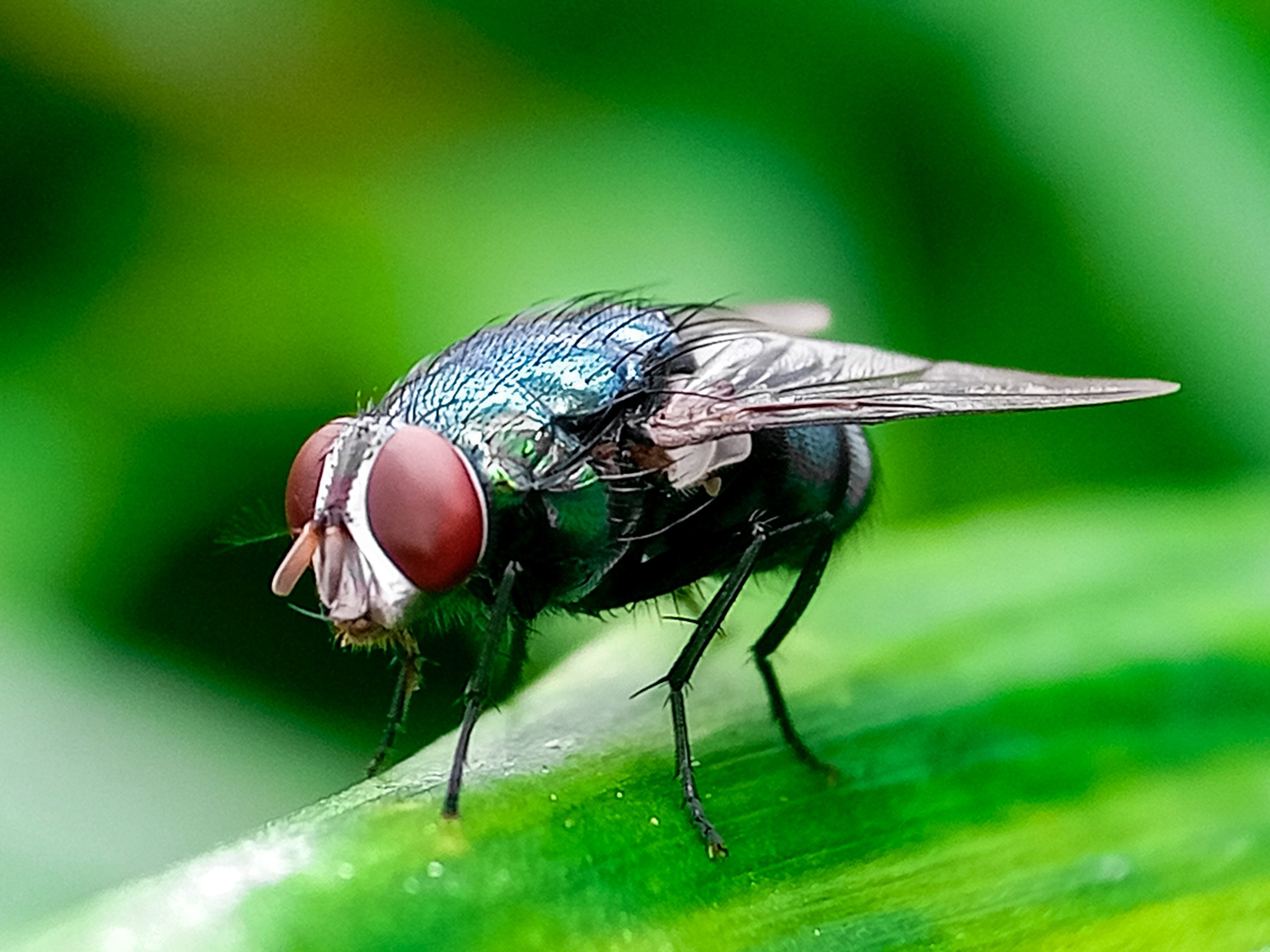More Funding, Stricter Punishment and a Call To Do Better
World Ranger Day is a yearly acknowledgment on July 31 in appreciation for all the dedicated work and lives lost to protect wildlife and wild places.
On July 26, U.S. Ambassador to Namibia Thomas F. Daughton announced a N$23 million Combating Wildlife Trafficking Grant from the U.S. Department of State to help Namibia deal with the increase in poaching and wildlife crimes.
To sustain Namibia’s dedication to wildlife conservation in the face of these illegal activities, there are many other initiatives in the works besides the grant. One part of the large undertaking by Namibia includes an increase in penalties for these associated crimes.
Zimbabwe has also stepped up to show intolerance to poaching. Zimbabwe Parks and Wildlife Management Authority recently declared zero tolerance for poaching, even in the face of resource restraints.
On the other side, a local Botswana newspaper reports on the ineffectiveness of their current anti-poaching strategies. Although millions of funds have gone into anti-poaching initiatives, poaching has instead increased. Success depends on strong governmental and local community support.
Whether highlighting past successes or looking to the future, anti-poaching has become part of the African agenda. For example, a pop culture magazine called MEL has posted an article about undercover anti-poaching units in Malawi, and the Drakensberg Boys Choir of South Africa published a dance performance focusing on poachers and rhinos. If awareness reaches a critical mass, the public opinion might begin to sway local governmental policies and actions.
Sources: U.S. Embassy, The Chronicle, Mmegi



